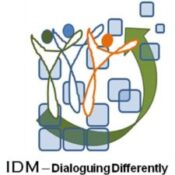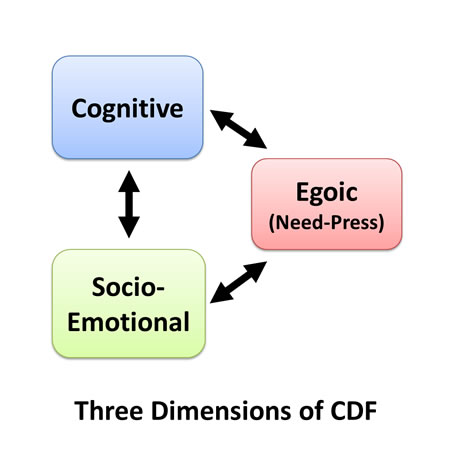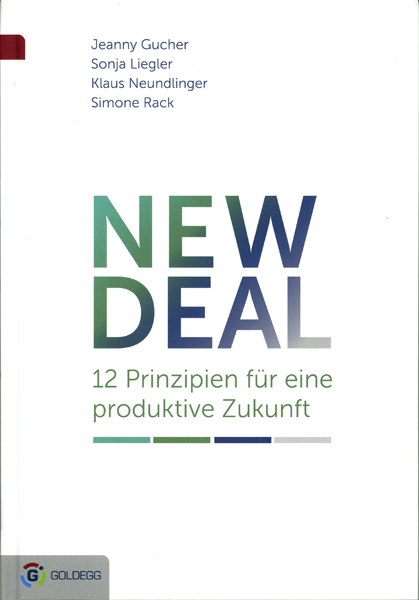It is almost 20 years ago that, following Argyris’ research on theory-in-use vs. espoused theory, I began to show that both of these personal ‘theories’ are rooted in adult development over the life span. I began to take these personal ideologies apart into their social-emotional and cognitive dimensions and showed that they are intrinsically related.
Today, what Argyris was addressing is seen rather differently, namely as the core of what Jaques (1998) called Role vs. Self and what nearly 20 years later Kegan/Lahey (2016) called Job 1 vs. Job 2. In both cases, a person’s organizational role and functioning is set against the person’s integrity and developmental agenda. While Jaques saw Self (Job 2) as cognitive, Kegan/Lahey see it as social-emotional. And the two never met!
I and my co-author, Jan De Visch, show in a recent book on teams (see ), that Job 1 and 2 are intrinsically intertwined. We shall further that wherever Job 2 — the individual’s or team’s concern with their own integrity and safety — overwhelms Job 1, distributed leadership, which is based on work in circles, breaks down.
It never occurred to the worshipers of ‘competence’ that this concept is intrinsically linked to that of ‘hierarchy’ and ‘command-chain’, nor did they notice that it was derived from the notion of organization charts rather than actual work flow.
***
Below, I re-post the two articles that first made clear the limitation of competence models, both regarding coaching and consulting, by introducing Jaques’ notion of ‘capability’ and linking it, as he had done, to adult development in both of its dimensions.
The first article, published in Consulting Psychological Journal in 1999, focally deals with what became ‘evidence-based coaching’. It foreshadows CDF, the Constructive Developmental Framework, then called DSPT (developmental structure/process tool). The second article, published in the same journal a year later, deals with scholarly consulting, my term at the time for evidence-based consulting. Both of these, evidence-based developmental coaching (especially cognitive coaching) and developmentally aware consulting, have remained a rarity, easily mopped up by the loud-mouthed fashions that abound.
CDF, the Constructive Developmental Framework, is the most stringent theory of Job 2 presently in existence.
The reader may welcome the reminder of how long it takes for narrow-minded ideas to quit the stage.




